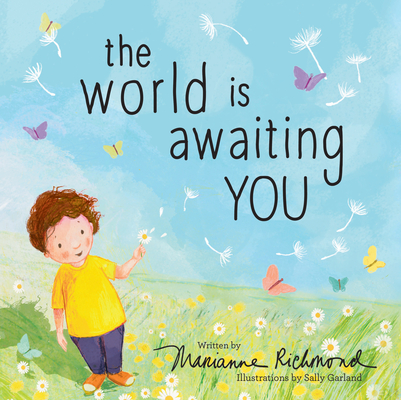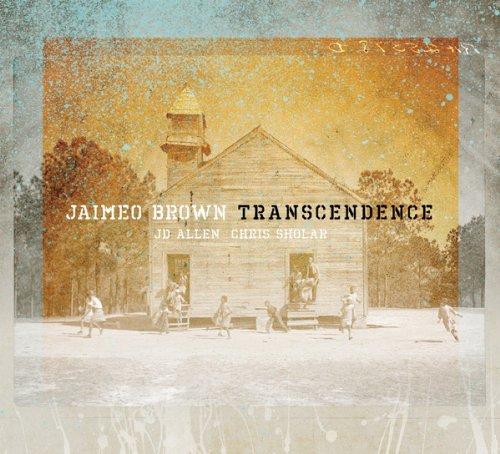
description
3Amidst cycles of heartbreak, trauma, and chronic pain, Love Prodigal finds strength in the natural world, motherhood, desire, and new love.
Fiercely self-aware and "utterly present tense," Traci Brimhall's Love Prodigal lives in the messiness of starting over. As Brimhall grieves a divorce and a new diagnosis, cycles of loss, heartbreak, family trauma, and chronic illness appear. There is an urge to detach, to go numb. Yet, pain is always returned as a gift--the beautiful vulnerability of feeling. In conversation with Da Vinci, Shakespeare, and Bachelard, images of the phoenix appear throughout the collection; its metaphor promises an easy and endless cycle of rebirth--a forever life, forever alone. Brimhall rejects this idea, instead reaching for the slow, messy, and imperfect process of healing. When the body becomes a site the poet "cannot live in or leave," she finds strength in the beauty of the natural world, in motherhood, in desire, in new love, in "a thousand small pleasures that made [her] want to live." Told through various forms--aubades, a prose crown of sonnets, an admissions essay--Love Prodigal says yes to second (and third and fourth) chances. The heart gets bigger every time it heals.
Fiercely self-aware and "utterly present tense," Traci Brimhall's Love Prodigal lives in the messiness of starting over. As Brimhall grieves a divorce and a new diagnosis, cycles of loss, heartbreak, family trauma, and chronic illness appear. There is an urge to detach, to go numb. Yet, pain is always returned as a gift--the beautiful vulnerability of feeling. In conversation with Da Vinci, Shakespeare, and Bachelard, images of the phoenix appear throughout the collection; its metaphor promises an easy and endless cycle of rebirth--a forever life, forever alone. Brimhall rejects this idea, instead reaching for the slow, messy, and imperfect process of healing. When the body becomes a site the poet "cannot live in or leave," she finds strength in the beauty of the natural world, in motherhood, in desire, in new love, in "a thousand small pleasures that made [her] want to live." Told through various forms--aubades, a prose crown of sonnets, an admissions essay--Love Prodigal says yes to second (and third and fourth) chances. The heart gets bigger every time it heals.
member goods
No member items were found under this heading.
Return Policy
All sales are final
Shipping
No special shipping considerations available.
Shipping fees determined at checkout.







